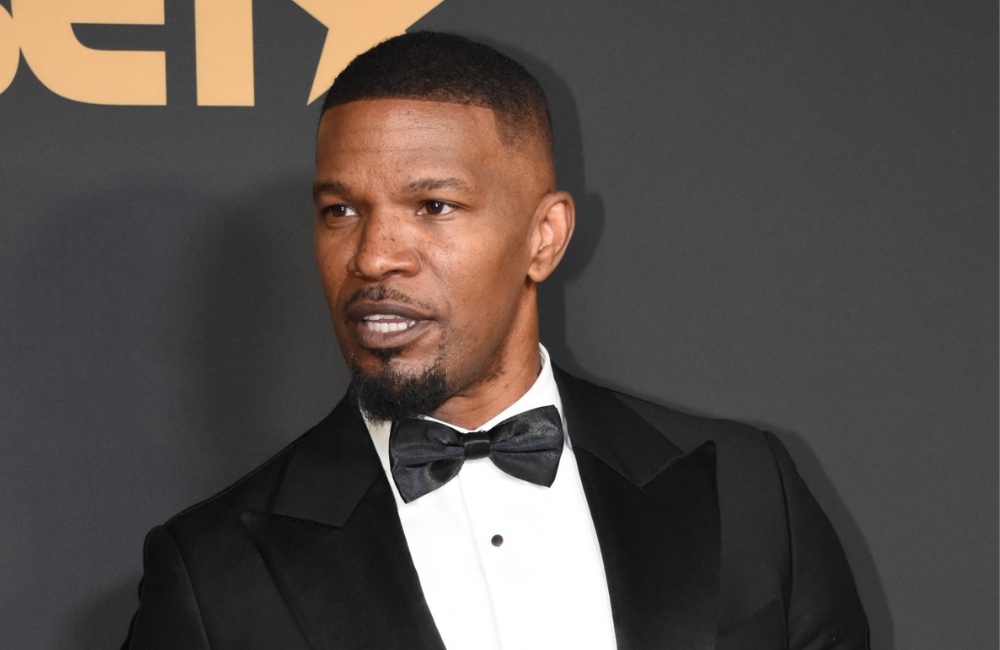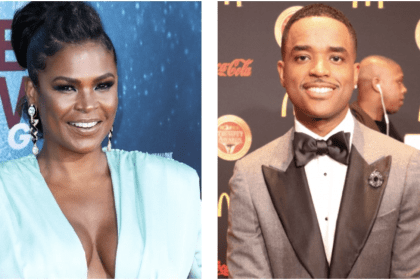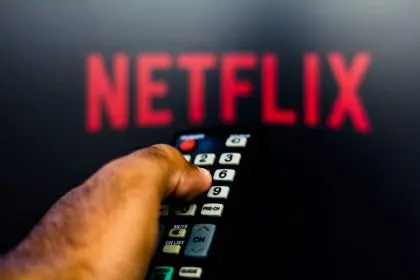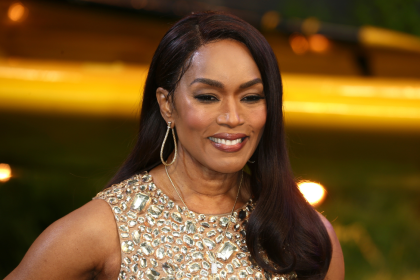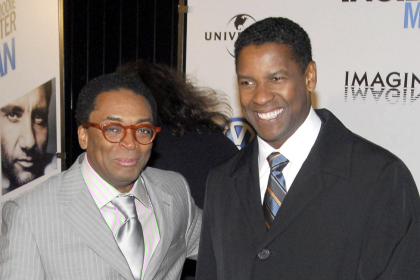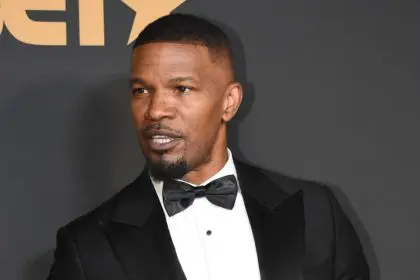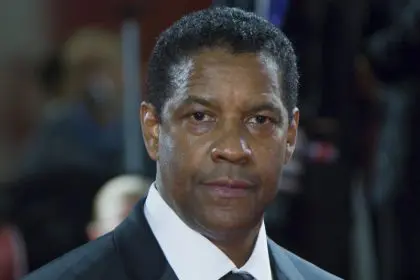A cinematic spotlight turned on Black Hollywood with the premiere of “Number One on the Call Sheet,” a two-part documentary now streaming on Apple TV+. Directed by Reginald Hudlin and Shola Lynch, this ambitious project gathers over two dozen luminaries, Jamie Foxx, Angela Bassett, Denzel Washington, and more, to weave a tapestry of resilience, achievement, and unflinching critique. Produced by Foxx, Kevin Hart, Datari Turner, and Dan Cogan, with executive producers like Halle Berry and Whoopi Goldberg, it’s a testament to Black talent’s indelible mark on an industry that’s often resisted their rise.
A growing canon of Black cinema
The documentary joins a wave of films tracing Black contributions to entertainment. Recent works like Elvis Mitchell’s “Is That Black Enough for You?!?” on Netflix and MGM+’s “Hollywood Black” have charted this terrain, blending celebration with historical reckoning. “Number One on the Call Sheet” carves its niche by zeroing in on the actors who’ve claimed top billing, offering a front-row seat to their journeys through a two-part lens, one for men, one for women, spanning decades of struggle and success.
This isn’t just another retrospective. Its premiere at the TCL Chinese Theatre buzzed with anticipation, a red-carpet energy that mirrored the stakes. With a global reach via Apple TV+, which boasts 25 million subscribers as of early 2025 per Statista, it’s poised to amplify voices long sidelined, adding depth to a narrative that’s gaining traction in a post-2020 cultural shift.
Icons at the helm
The star power here is staggering. Foxx and Hart, both producers and contributors, bring levity and gravitas, while Bassett and Goldberg lend executive heft. Viola Davis, Idris Elba, and Will Smith round out a roster that reads like a Hollywood pantheon. Their stories, shared in candid interviews, paint a vivid picture of what it takes to climb the call sheet, the industry term for the daily production schedule where “number one” denotes the lead.
The documentary’s structure splits the spotlight, with Hudlin helming the men’s chapter and Lynch the women’s. This dual approach, while debated for its necessity, underscores distinct challenges. Women like Taraji P. Henson and Octavia Spencer recount battling typecasting, maids, sidekicks, while men like Laurence Fishburne and Eddie Murphy reflect on rewriting Black stardom’s playbook.
Three eras of evolution
The film traces Black Hollywood across three pivotal eras. First, the Blaxploitation wave of the 1970s, where stars like Pam Grier and Richard Roundtree turned low-budget grit into cultural gold. Second, the 1990s boom, when Murphy’s comedies and Washington’s dramas redefined box-office might, Murphy’s “Beverly Hills Cop” alone grossed $234 million in 1984, per Box Office Mojo. Third, the modern surge of Black superhero films, with Chadwick Boseman’s “Black Panther” hauling in $1.3 billion globally in 2018.
Each era builds on the last, yet the documentary doesn’t linger in nostalgia. It pivots to today’s battles, pay gaps, where Black actors earn 20% less than white peers per a 2023 UCLA study, and the pressure to be flawless in a scrutiny-heavy digital age. These threads tie past victories to present fights, grounding the celebration in reality.
Decoding the title
Being “number one on the call sheet” means top billing, a coveted spot signaling influence and pay. For Black actors, it’s been elusive. Alfre Woodard’s reflection cuts deep, while white stars often land this perch, Black actresses rarely do, a disparity echoed by 2024’s Oscars, where no Black woman won Best Actress since Berry’s 2002 triumph. The film wrestles with this, asking what “number one” truly means when systemic barriers persist.
For some, like Washington, it’s a career pinnacle, a lottery win after decades of hustle. For others, it’s a burden, Henson’s known fatigue from carrying projects with scant support. The documentary lays bare this duality, blending pride with a call for change, a tension that resonates as Hollywood touts diversity yet lags in equity.
Trailblazers and torchbearers
History anchors the narrative. Sidney Poitier’s 1963 Best Actor Oscar broke ground, inspiring Washington and Foxx, who followed in 2004. Berry’s 2002 win remains a lone peak for Black actresses, a fact the film mourns and probes. Murphy and Smith, meanwhile, turned charisma into global brands, with Smith’s “Independence Day” raking in $817 million in 1996, per IMDb data.
These pioneers paved paths, but the documentary honors the present too. Daniel Kaluuya’s “Get Out” and Cynthia Erivo’s “Harriet” signal a new guard, their success, $255 million and critical acclaim, respectively, proof of evolving tastes. Yet, the film notes, progress is uneven, with Black-led films still just 14% of 2023’s top earners, per Motion Picture Association stats.
Facing the mirror
The heart of “Number One on the Call Sheet” lies in its honesty. It revels in triumphs, Berry’s tearful Oscar night, Fishburne’s “Apocalypse Now” grit, but doesn’t flinch from pain. Pay inequity, typecasting, and the exhaustion of being “the first” surface repeatedly. Henson’s weariness and Spencer’s nurse-to-Oscar arc highlight a grind that’s uniquely Black, a reality 62% of Americans see as unfair, per a 2023 Pew survey.
This isn’t a lament. It’s a reckoning, urging viewers to see beyond the glitz. The stars’ reflections, Washington on mentorship, Davis on defiance, double as blueprints for the next wave, a generation watching via Apple’s 100-country reach. It’s a call to action wrapped in a victory lap.
A legacy in motion
“Number One on the Call Sheet” lands as both tribute and challenge. At 240 minutes across two parts, per Apple TV+ listings, it’s a deep dive that rewards attention with insight. Streaming now, it joins a canon, think “13th” or “Summer of Soul”, that’s reshaping how we view Black creativity. Its stars don’t just shine; they demand a Hollywood that reflects their worth.
For viewers, it’s a chance to witness history told by those who made it, a story of joy and fight that’s far from over. As Black cinema evolves, this documentary stands as a milestone, celebrating a legacy while pushing for a future where “number one” isn’t a rarity but a right.

